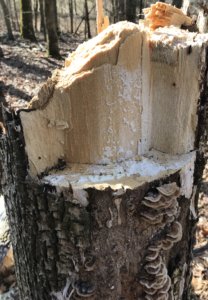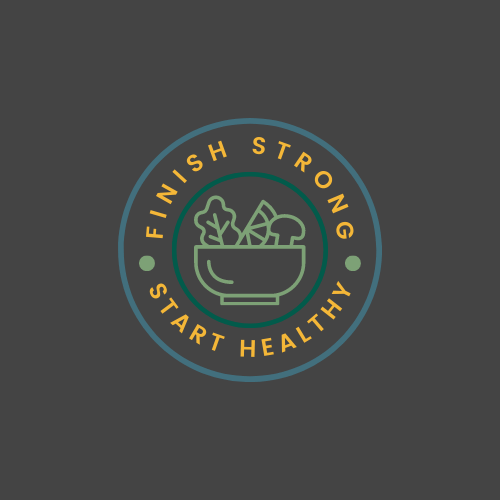Definition of Wholeness
I have a client who does not like me to use the word healthy when we work together. To her, healthy has a negative impression and makes her feel judged, criticized, and unsuccessful. Despite lots of effort and years on various exercise and diet programs, she didn’t find health. She told me about a time when she achieved the lowest weight of her adult life:
“At my thinnest, sure, perhaps I felt more attractive, but I also felt like crap. I was malnourished, dehydrated, weak. Sometimes I passed out. I didn’t have energy, or strength. Had horrible brain fog.”
When she said our work together gave her a sense of wholeness, I asked her to describe her definition of wholeness.
“Wholeness is me being the best me I can be. My body and lifestyle reflect my highest ideals. I’m not so consumed by what the scale says or what size I wear.
Wholeness is me-focused, in a good way. I do things because they’re good for me, not because I want to be more accepted, or look better for other people.”

To me, this tree trunk embodies wholeness. The consistency and alignment of the inner grain support and integrate with the outer bark.
Weight Lost Jounraling Prompts
Journaling is one way to build better alignment between your inner core and your outer life. I wrote about journaling here: https://deborahrankinrd.com/journaling-for-weight-loss/ As your journal, to get the flow of expression started, reflect on a recent meal and ask yourself–
- How hungry was I before I ate?
- How did I feel after the meal?
- What aroma and tastes did I notice while I ate?
- If I ate because of an emotion, what is the message my emotion was giving me?
- How are ways I can express and release stress?
When Healthy Does Not Equal Wholeness
What type of things have you tried, thinking they’d make you more healthy, when in reality they might have made you less whole? Here are some things I’ve done, or seen my clients do:
- Give up big food groups, like white flour or bread, and lose the social joy of sharing meals with friends and family, and not fully enjoy special occasions.
- Focus on a number like grams of carb or calories, then binge on something from the freezer late at night.
- “Be good all day,” then after everybody goes to bed reward yourself with snacks and sweets.
- Repeat intense workouts without taking rest days, and get injured.
- Replace sugar with artificial sweeteners and not get free from cravings. https://deborahrankinrd.com/foods-to-eat-to-lose-belly-fat/
- Give up an exercise or sport you enjoy because you’re embarrassed to not be as fast or strong as someone else. https://deborahrankinrd.com/a-gratitude-journal-transformed-my-mountain-biking-failure/
It is possible to have some disordered eating behaviors, even if you don’t have an eating disorder. I came across a blog that did a good job explaining the differences: https://www.munchiesandmacros.com/blog/disordered-eating-behaviours-how-to-spot-them-and-the-mindset-practices-that-can-help
What Type of Transformation Do You Want?
Think about what wholeness means to you in regards to your health and daily schedule. Then describe how you’d like to be in this anonymous survey. Don’t worry, your name won’t be published and your identity is hidden, even from me.
Your Definition of Wholeness
Who are you, when you are your best? What adjustments would help your body and lifestyle reflect your highest ideals? I’m here to help with the shortcuts that get you there, providing roadmaps and blueprints you can follow.
©️ 2022 Healthy Habits Communications LLC




